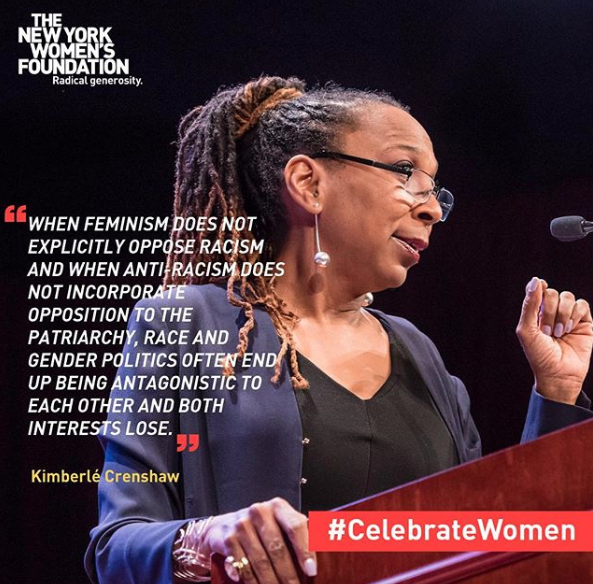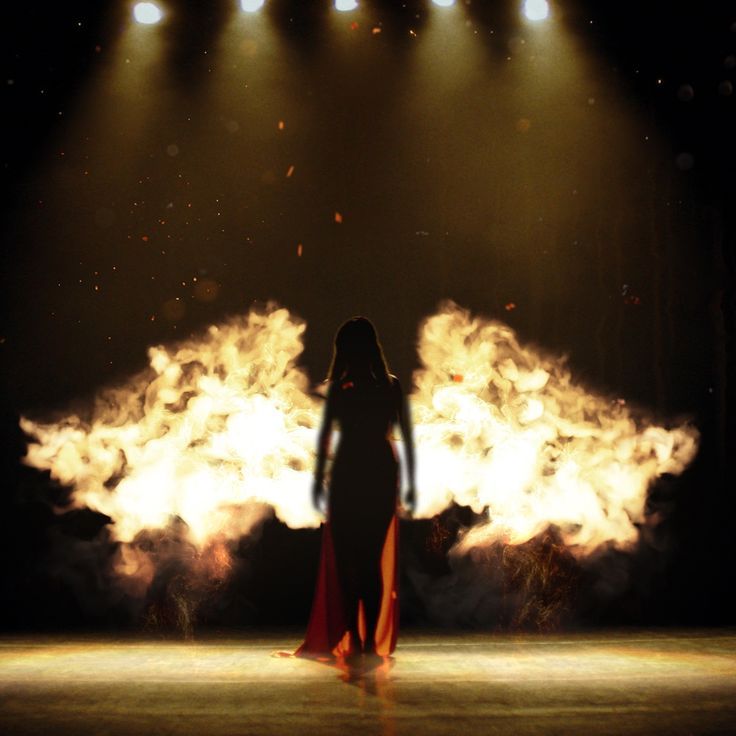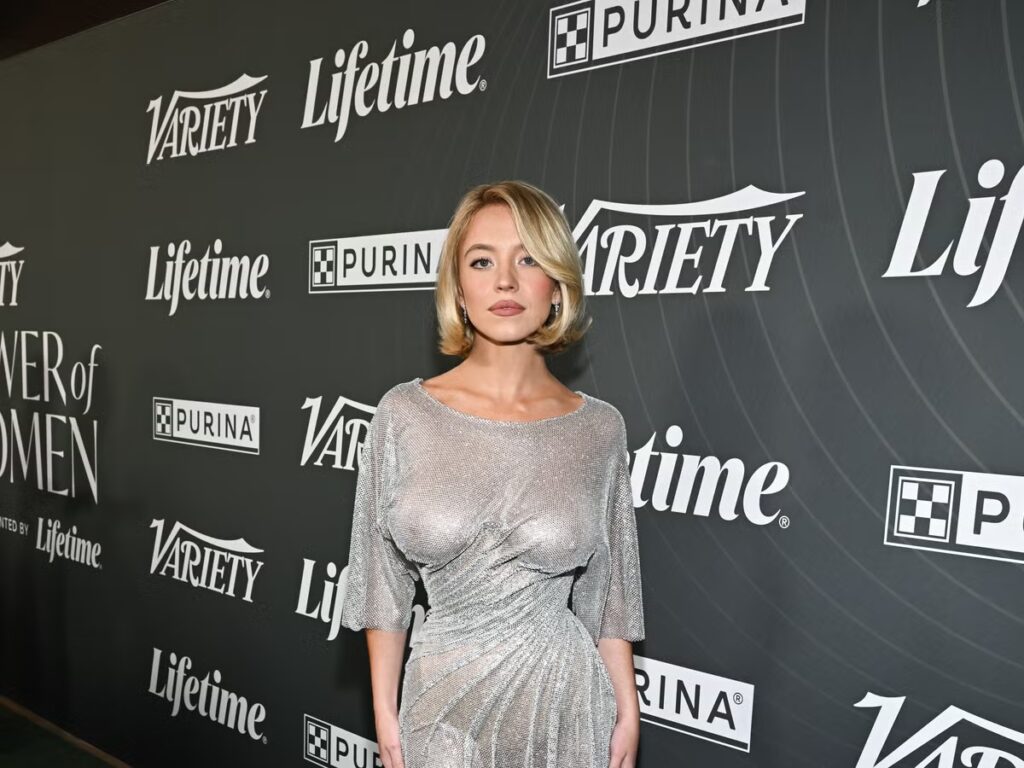Intersectionality is at the forefront of feminism. This term, created by Kimberlé Crenshaw, a feminist, activist and scholar, explores the effects of being both female and black. In society, women are marginalized because of their gender and black people are marginalized because of the color of their skin. When you put both being black and being a woman together, the marginalization increases tremendously.
The only way to effectively fight for the equality of black women is intersectionality. We must acknowledge that people can be marginalized because of more than just one element of their identity and that the intersectional aspect of identity can cause a different kind of marginalization. Crenshaw gave a TedTalk and often speaks to students across America about her findings.
She starts these presentations with an exercise. She begins by telling everyone in the audience to stand up, and asks people to sit down if she says a name that they have never heard before. So, she begins by saying names and a few people sit down, and as she continues, more and more people sit down. She then announces that she was saying the names of people who have been killed due to police brutality. When she says men’s names, most people remain standing because those are the names that are most often seen in the news. As she starts saying the names of female victims, people start sitting. This is because of the lack of acknowledgement of the brutality against women, but more specifically, black woman.
Crenshaw visited Penn State last semester to give a talk about this topic and the research she has done thus far. Towards the end, someone asked about the problems that intersectionality may bring about because of its categorical framework. In other words, intersectionality is based upon categories that we use to describe people and this could be problematic because not everyone fits into specific categories that society comes up with.
Crenshaw’s response was that intersectionality is the best with what we can do in this time because of the effects that language has on our ability to create change in the world. This makes sense because the only reason why intersectionality would be seen as categorical is because of the language we use to describe it. Currently, there is no better way to fight for equal rights for minority groups without putting them in some sort of category.
This topic brings about a lot of meaningful conversation. We must acknowledge that people are treated unequally because of their intersecting identities and that some of our identities give us privilege. Once we acknowledge this privilege, we can use it to help those who don’t share those privileges. This will create change.
“When feminism does not explicitly oppose racism and when anti-racism does not incorporate opposition to patriarchy, race and gender politics often end up being antagonistic to each other and both interests lose,” says Kimberlé Crenshaw.





